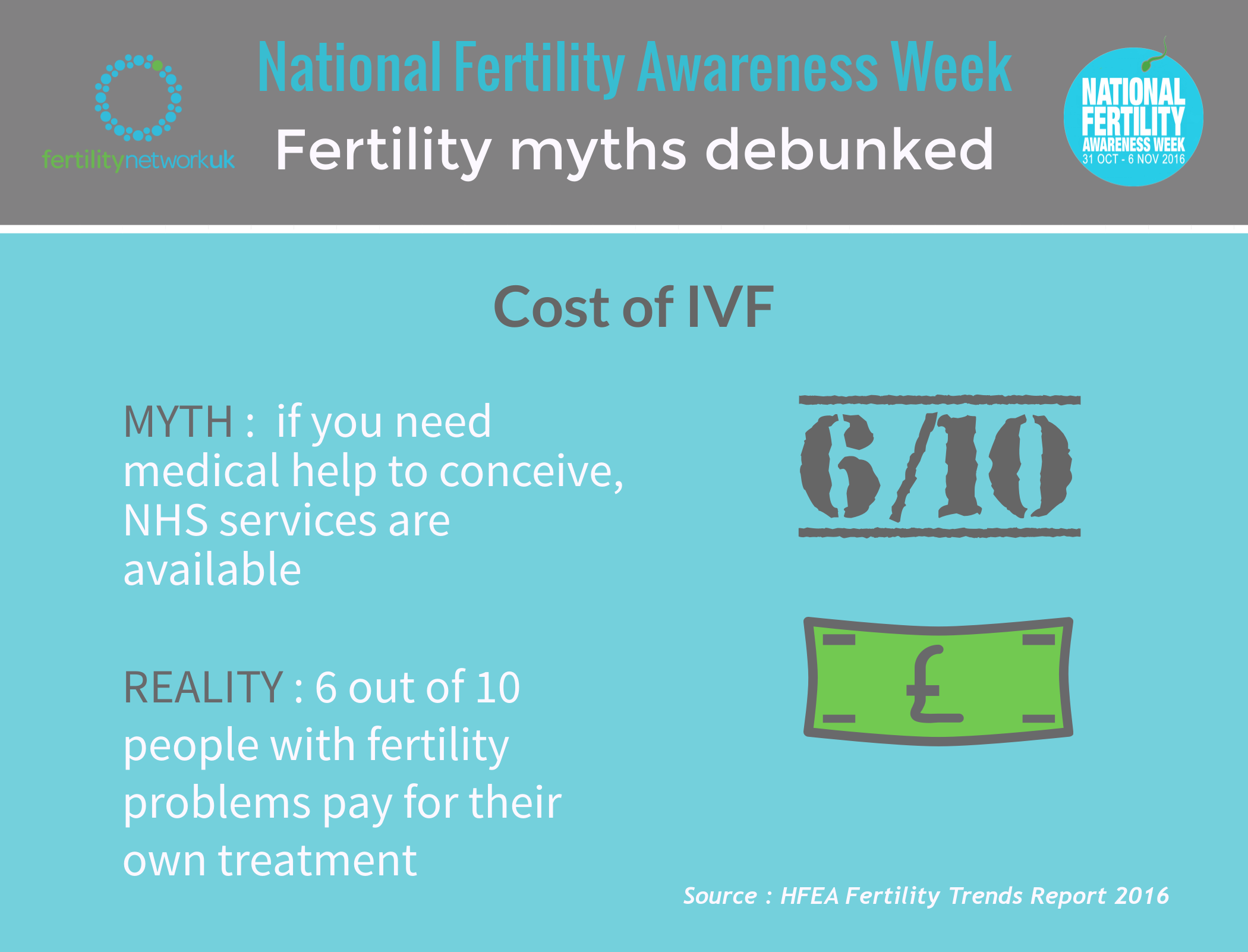Genetic Screening and IVF: The Future of Preimplantation Genetic Prognosis
Introduction
In vitro fertilization (IVF) represents a beacon of hope for numerous individuals and couples grappling with infertility. Over the earlier few decades, improvements in reproductive technological innovation have not only improved the odds of conception but also opened the doorway to a groundbreaking technique: preimplantation genetic analysis (PGD). PGD permits for the genetic screening of embryos prior to they are implanted in the uterus, ensuring that only embryos devoid of recognized genetic conditions or abnormalities are selected for being pregnant. As we navigate by the 21st century, PGD stands at the forefront of reproductive medication, heralding a new period of genetic screening that guarantees to reshape the upcoming of IVF.
The Evolution of IVF and Genetic Screening
IVF has undergone a radical transformation considering the fact that the delivery of Louise Brown, the world’s 1st “exam-tube toddler,” in 1978. Early IVF techniques have been marred by minimal achievements fees and constrained knowing of embryonic progress. The introduction of genetic screening was a recreation-changer, enabling embryologists to look at the genetic makeup of embryos and pick out these with the greatest prospective for a healthy pregnancy.
The Enhancement of Preimplantation Genetic Analysis
PGD is a specialized method that consists of taking away one or a lot more cells from an IVF embryo to examination for specific genetic circumstances prior to the embryo is transferred to the uterus. Initially produced to monitor for sexual intercourse-connected issues, PGD has expanded to include a extensive vary of genetic and chromosomal abnormalities.
Knowing the Genetic Screening Approach
The procedure of PGD starts with the usual IVF cycle, the place eggs are harvested and fertilized in the lab. Once the embryos achieve the blastocyst stage, a several cells are biopsied and analyzed utilizing a person of a number of genetic screening techniques, these types of as polymerase chain response (PCR) or next-era sequencing (NGS). These strategies enable for the detection of solitary-gene disorders, chromosomal abnormalities, and even the opportunity for inherited most cancers syndromes.
The Ethics of Genetic Screening
As with a lot of developments in biotechnology, PGD provides with it a host of ethical things to consider. The potential to choose embryos based mostly on genetic requirements has sparked discussion more than the principle of “designer toddlers” and elevated worries about eugenics. Ethicists and clinical specialists continue on to grapple with these issues, striving to find a equilibrium between the positive aspects of genetic screening and the ethical implications of genetic collection.
The Effects of PGD on Genetic Diseases
PGD has had a profound effects on the avoidance of genetic diseases. Families with histories of heritable conditions like cystic fibrosis, Tay-Sachs disease, or Huntington’s illness now have the selection to bear young children with no the dread of passing these situations on. This has not only diminished the incidence of sure genetic issues but also alleviated the emotional and money load on family members and healthcare programs.
Improvements and Innovations in PGD
The industry of PGD is continuously evolving, with new systems boosting its precision and scope. The arrival of extensive chromosomal screening (CCS) will allow for the evaluation of all 23 pairs of chromosomes, making sure that only embryos with the correct quantity of chromosomes are implanted. This has noticeably lowered the threat of miscarriages and improved the accomplishment fees of IVF.
The Position of PGD in Family Balancing and Gender Variety
Just one of the far more controversial features of PGD is its use in household balancing and gender choice. Some argue that the capability to select the intercourse of one’s little one is a organic extension of reproductive liberty, even though many others fear about the social and demographic consequences of this kind of decisions. However, in scenarios wherever gender-specific genetic disorders are a concern, gender collection stays a important component of PGD.
The Upcoming of PGD: Growing the Options
As we appear to the foreseeable future, PGD is poised to develop in abilities. Investigate into polygenic hazard scores could help PGD to screen for complicated circumstances like heart disorder or diabetic issues, which are motivated by numerous genes. There is also the prospective to use PGD in conjunction with gene editing technologies like CRISPR, to not only choose but also suitable embryos at the genetic degree, while this remains ethically and legally contentious.
Lawful and Regulatory Issues
The regulation of PGD differs noticeably close to the globe, with some nations around the world embracing the technological innovation and other folks imposing rigid constraints. As the science progresses, policymakers will be challenged to make frameworks that ensure ethical apps of PGD even though supporting scientific progression.

Conclusion
Preimplantation genetic analysis stands at the intersection of genetics, drugs, and ethics, offering unprecedented control more than the genetic well being of future generations. Its integration with IVF has already increased the prospects of would-be dad and mom to have healthier little ones and guarantees to continue on its trajectory of innovation in the realm of reproductive well being. As get more progress, it is crucial that we contemplate the ethical implications and legal frameworks needed to guideline the accountable use of this impressive technological innovation. The future of PGD in IVF is not just about the science of genetics, but also about the values we as a culture opt for to uphold
